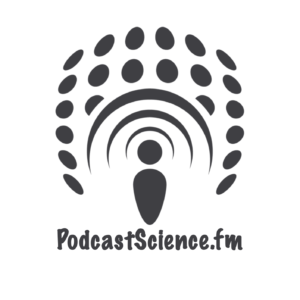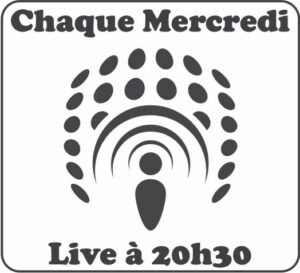
Science communication
• Podcast - co-host of Podcast Science
• Workshop - iBiology Share Your Research competition
• TEDx speaker : TEDx Chamonix - Science is blind without bats!
• More scicom! - Skype a scientist, Twitter, and more!
Co-host of Podcast Science
Podcast Science is a French podcast dedicated to science outreach by 10 nerdy scientists and/or science communicators, who talk about science, casually. Every Wednesday, we propose either a 1h30 coverage of a particular topic (for example: "evo-devo", "organisms rules of life", "how do insects breath?" or "astrobiology") or an interview of a scientist about his/her research. We also organize different events such as Radio Sketches, or special episodes.
About the Podcast
Wanna listen? Please come live at 8:30 PM French time, or later on your favorite Podcast App! We are everywhere!
Find us and our recap here/Retrouvez les épisodes de toute l'équipe ici : www.podcastscience.fm
Retrouvez tous mes dossiers, interviews et roue libres là : Podcast Science
iBiology SYR Competition
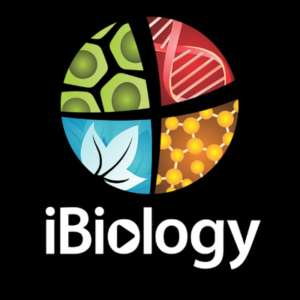
iBiology Young Scientist Seminar Award 2020 winner!
I was fortunate to become a iBiology YSS, now Share Your Research Competition awardee! This award gave me access to this fantastic workshop https://courses.ibiology.org/catalog/SYR/SP coached by a fantastic team of science communicator experts, to enhance my science communication skills. At the end of this workshop, I have been able to record an research talk outreaching the research I have done on bat vision evolution.
More here: https://www.ibiology.org/playlists/share-your-research-series and here, https://www.ibiology.org/yss-2020-going-virtual/
2021 - iBiology - Share Your Research competition peer coach
In 2021, I became a peer coach for the iBiology Share Your Research Competition. Thanks to my experience as an awarded, I have been able to discover the other side of the competition and trained new awardees.
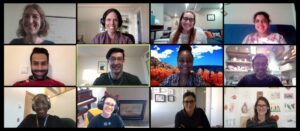
Find more about the program here: https://www.ibiology.org/syr-competition/
TEDx - Science is blind without bats
Never stop exploring... science! Taking the example of bats, I discussed the idea that doing science is like exploring unknown territories. And this is crucial, for science of course but also for human society.
About the event
In 2017, Chamonix hosted for the first time a TEDx event with the theme Breakthrough. It was a total blast. Chamonix is especially rich in term of the range of people and their interests. Because of the exceptional site, locals and many other people from different horizons just fall in love with the place and stay. The result is an incredible richness of ideas and origins. Chamonix is also more than any others, a mountain town, and this mountain spirit has always enhance people to push their limits and explore the world. The organizers TEDx Chamonix wanted to reflect this aspect by choosing the theme breakthrough. I can’t thank more this awesome team for the great organization. As both a speaker and part of the public, it was an amazing and inspiring event. More about the event here: http://www.tedxchamonix.com/fr/accueil/ Don't forget to check the awesome list of speakers and there videos ranging from scientists, medical doctors, journalists to extreme sport athletes.
TEDx Chamonix
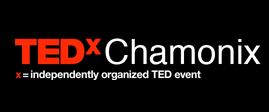
Bats and society
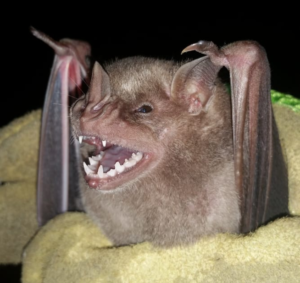
KezaCovid
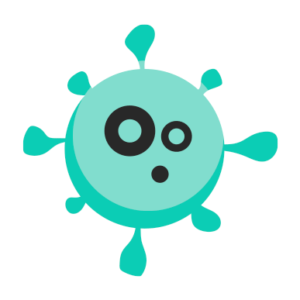
Skype a Scientist
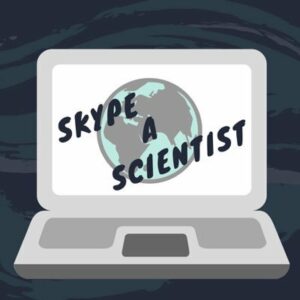
KezaCovid - a French outreach initiative during the lockdown
Collectif pour une production de contenus autour de la Covid19 Kezacovid est un collectif de bénévoles produisant des documents vulgarisés (infographies, articles, synthèses…) sur la pandémie de Covid19 causée par le coronavirus SARS-CoV-2. Le collectif et ses contributions ici
J'ai participé à un article sur l'importance de comprendre les mutations pour comprendre l'évolution et le fonctionnement du virus à retrouver ci-dessous. Find my contribution about SARS-CoV-2, mutations and evolution here: Mutations et SARS-CoV-2: comprendre l'évolution et le fonctionnement du virus
Skype a Scientist
I participated in Skype a Scientist with 3 classes during the pandemic, ages ranging from 6 to 10! Who are bats? Why are they important? How to protect them?
Twitter collaborative account

In 2016 and 2017, I animated two collaborative Twitter accounts. The aim of both is to tweet the everyday life of a scientist, but also to talk about science life, projects, etc. Very fun experience and a way to not only reach out but also interact with a lot of people and share our work!
Find the storify for @endirectdulabo (French equivalent of @realscientist) here: Storify @endirectdulabo
Find the storify for @labioaulabo (French equivalent of @biotweeps) here: Storify @endirectdulabo and Bio @labioaulabo
Bat from the field
Heart of a buffy flower bat, Erophylla, stage 12
Show me your teeth, I'll tell you what/who you... eat/are!
Bat teeth are highly specialized and variable. We use upscaled 3D printed bat jaws: 1) to introduce bat diversity, 2) to show how an organ can be variable in shape, 3) the link between teeth shape and diet to introduce adaptation, 4) to introduce the concept of modular organisation of organ with older students.


